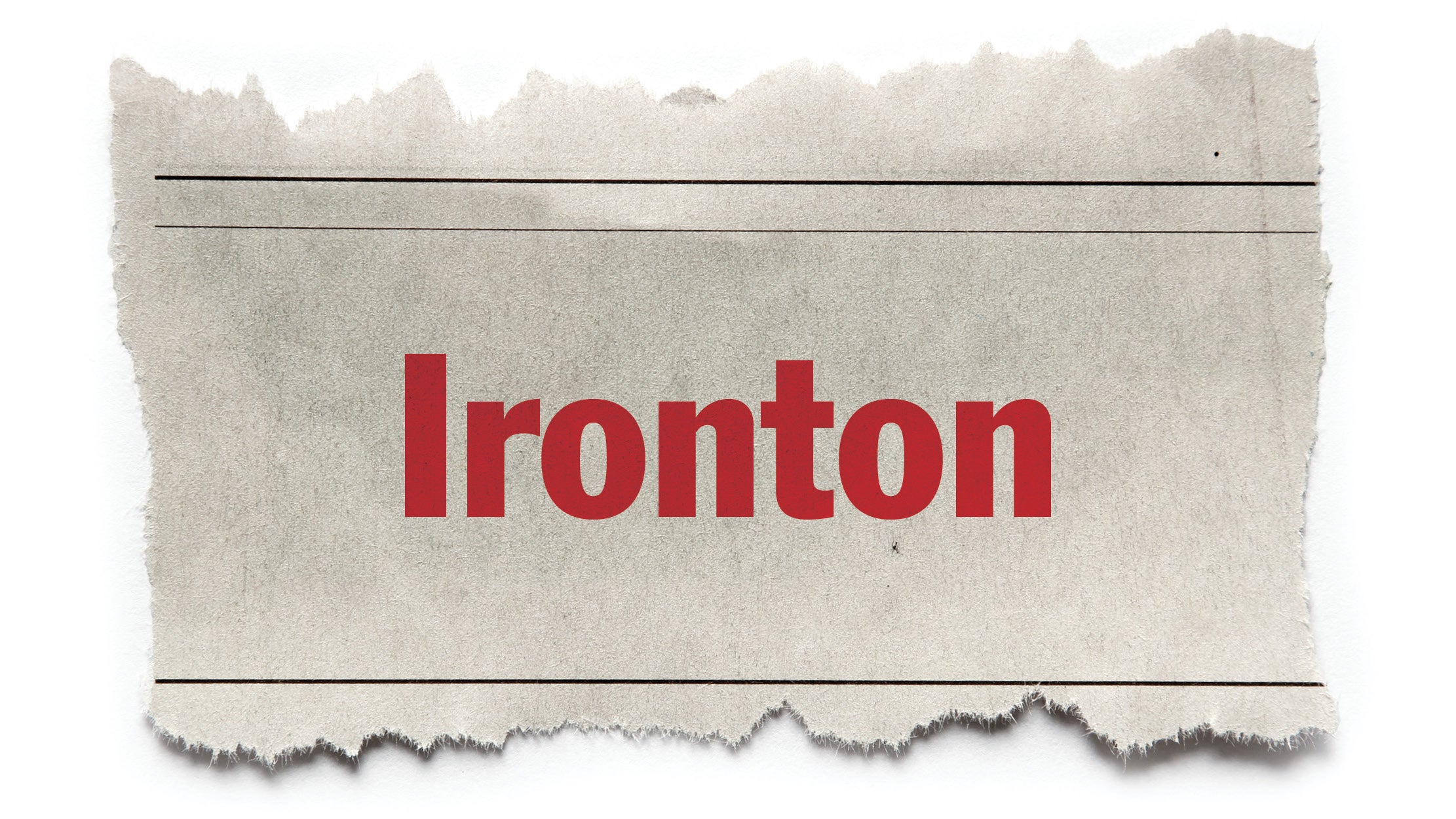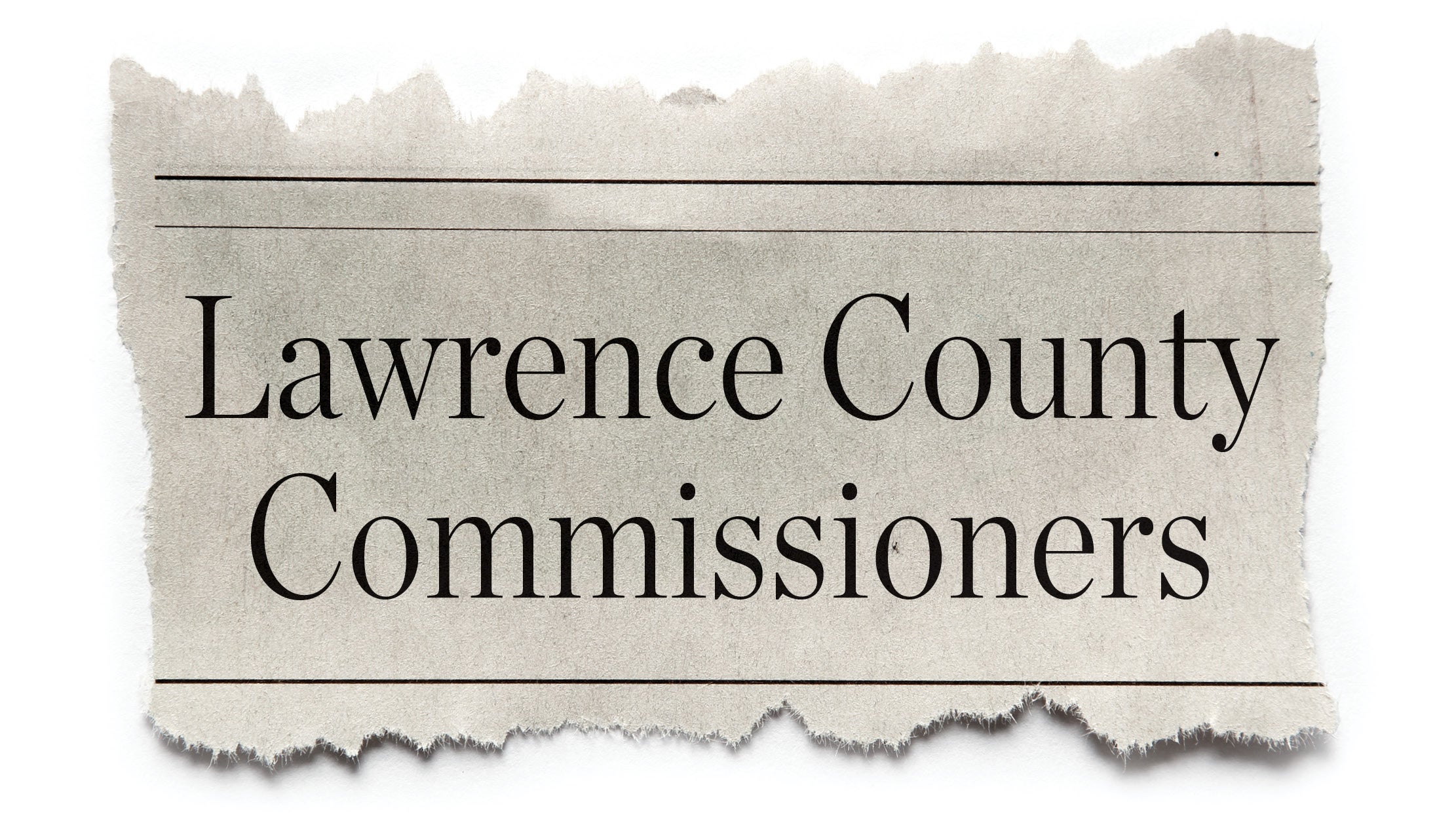Bill would expand access to drug overdose antidote
Published 1:11 pm Wednesday, February 25, 2015
COLUMBUS (AP) — Doctors could authorize individuals to hand out a drug overdose antidote to addicts, their friends and family members without requiring a prescription under an Ohio bill aimed at expanding the drug’s availability.
The bill scheduled for a possible vote in the House Health and Aging Committee Wednesday also would allow pharmacies to distribute the drug naloxone without a prescription as long as a doctor’s rules are followed.
The bill “will increase access to the medication and allow more funding to go towards buying naloxone,” the bill’s Republican sponsors, Rep. Robert Sprague of Findlay, and Rep. Jeff Rezabek from Clayton in suburban Dayton, testified earlier this month.
The bill, a priority for House Republicans, expands availability to the antidote authorized last year by a law that allows friends or family members of addicts to administer the drug without fear of prosecution. That bill also made it easier for police and emergency responders to administer the drug.
Supporters say requiring prescriptions before addicts and their families can get the drug has slowed its availability as the state’s addictions epidemic fueled by growing heroin abuse has continued.
A record 680 Ohioans died of heroin-related overdoses in 2012, according to the most recent state Health Department records. Accidental overdoses are the leading cause of accidental death in Ohio — as in many states — surpassing car crashes.
Naloxone, sometimes called by its trade name, Narcan, blocks the effects of drugs like heroin and painkillers. It can quickly allow an overdose victim to breathe again and is not addictive itself.
The legislation comes as Ohio Attorney General Mike DeWine is asking California-based Amphastar Pharmaceuticals Inc., a naloxone manufacturer, for rebates after the cost of supplies of the drug nearly doubled.
DeWine is asking the company for $6 rebates per vial, which rose from between $12.78 and $14 in 2013 and early 2014 to $28.50 in October.
Amphastar has reached a similar rebate agreement with New York, while Massachusetts’ attorney general also has questioned the increase. A message was left with the company.



